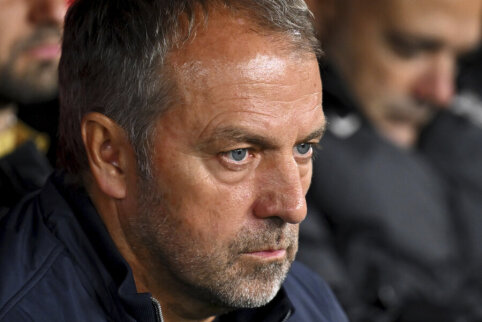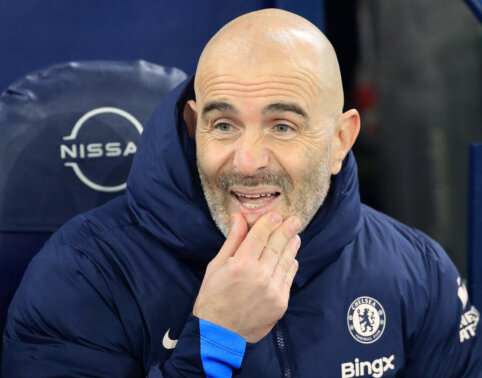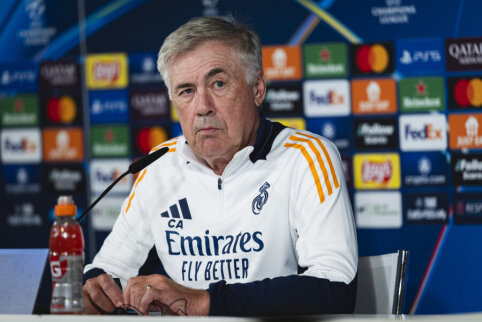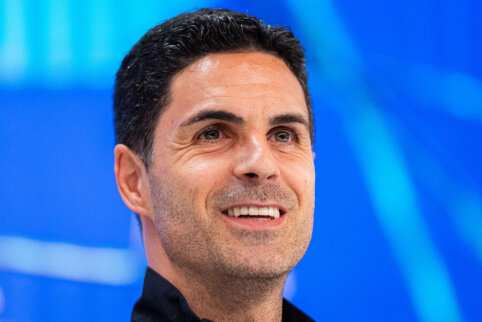 © EuroFootball.com
© EuroFootball.com
The suicide of German national team goalkeeper Robert Enke hardly changed anything in the "brutal" world of professional football, says a professor of sports philosophy.
Enke, who was supposed to go to the World Cup in 2009, jumped in front of a train on November 10, by his own will. The "Hannover" club representative, who had been suffering from depression for several years, was only 32 years old.
A year after this tragedy, one professor from a Berlin university, Gunter Gebauer, sympathized with athletes suffering from depression: "Everything has changed incredibly insignificantly. At first, there was shock and a strong desire to protect athletes suffering from problems. However, professional football remains as brutal as ever. There will be many more victims until something changes."
According to the academic, stars are written off too quickly and this destroys their psychology. To illustrate, he used the example of Germany's national team captain Michael Ballack - he did not go to the World Cup due to injury, and now he is no longer needed in the team because younger players have taken his place.
"Just look at how the national team captain with an injury was treated," Gebauer said. "When Ballack was out of the lineup, there was great fear. But when the national team started playing successfully without him, it seemed that the team mates were happy that Michael was no longer there. He became old and unnecessary."
And he continued: "What if a football player revealed his weaknesses? His career would be over. This is a sport without mercy, constantly looking for the newest talent and ways to present oneself."























